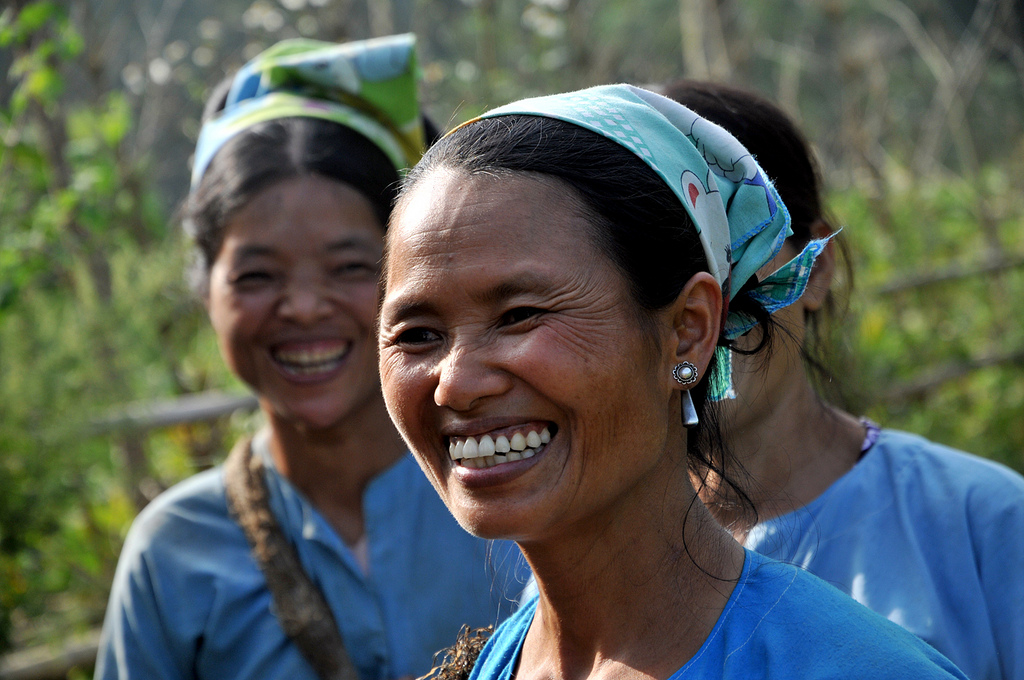Vietnam is my first love working for the World Bank. It is the first country I worked in when I joined the Bank back in 1994.
At the time, the country was still opening up to the outside world, and the Bank had just set up a small office there. I recently returned to Vietnam after 15 years, this time as the Bank’s Global Lead for Land. I saw a completely different country: while the old city charm is still there, Hanoi has transformed to the point that it is really difficult to recognize… as if I had landed in Japan, China, or any other Southeast Asian country.
The airport used to be one gate; now, it is a modern airport not much different from any airport in Western Europe or the United States. I remember that, when I worked in Vietnam in the mid-90s, GDP per capita was averaging US$200, and around 50% of people lived in extreme poverty. Today, GDP per capita has soared to about US$2000, while extreme poverty has dropped to around 3% according to the US$1.9/day extreme poverty line... An impressive achievement in less than 20 years.
My trip to Vietnam had the goal of helping the government modernize and automate the land administration system. In the early 90s, the country launched an ambitious reform program to transform the land use model from communal farming to individual household ownership by breaking up the communal land structure and distributing land to individual households. This reform was then credited with changing Vietnam from a net importer of rice to one of the largest rice exporters in the world in only a few years.
In accordance with the Land Law of 1993, the first Land Use Certificates (LUCs) issued under the program were in the name of the “head of household”, i.e. in the name of men only. Later on, the Vietnamese government, with support from the World Bank, strove to change things around by issuing LUCs bearing both the wife’s and the husband’s names.
The initiative started with pilot projects in two communes in the province of Nghe An (North Central Coast) in 2002, and was then extended to 20 provinces/cities across the country in 2003-2004. Based on this pilot, the Land Law of 2003 was revised to clearly state that Land Use Certificates should be issued as a joint title, with both names on the certificate.
To implement the 2003 Land Law, the World Bank financed the Vietnam Land Administration Project, under which around 3.4 million Land Use Certificates were either issued or updated. Around 60% of LUCs were issued as joint titles and the rest were issued in the name of either the husband or wife
For women, the benefits of joint titles are not just symbolic. Bank impact assessment of the joint titles program revealed that around 42% of people surveyed used their newly issued LUC for investment, either as a collateral to borrow from banks or share for investment. In that context, having their name on the land title allows women to have a greater say in important decisions pertaining to the household’s land, avoids male monopoly over jointly-owned assets, and ensures equal rights in the event of a conflict.
Some 88% of people who participated in Bank impact assessment agreed that joint-title LTCs ensure greater equality between husband and wife compared to single-title LTCs (this perception was more common among younger participants: 91% of respondents aged 22-60 vs. 77% among those 60 and older).
Evidence suggests that mutual decision making is, indeed, much higher among households with joint-title LTCs (90%) compared with single-title LTCs (64%).
Vietnam is not the only country that has given women the right to include their name in property titles; in fact, most national legislations do provide for joint titles. What is unique about Vietnam is the government’s concerted effort to implement the measure as widely as possible, as well as an understanding within society that joint titles can play a major role in improving women’s economic status. In that respect, the success story of joint titles in Vietnam can serve as an inspiring example for other countries that are serious about promoting women’s rights, and are looking for ways to move from equality on paper to equality in practice.
This Blog was originally posted on the World Bank Sustainable Communities blog series.

